Economic Crisis Complicates Sex Lives Of Young Venezuelans
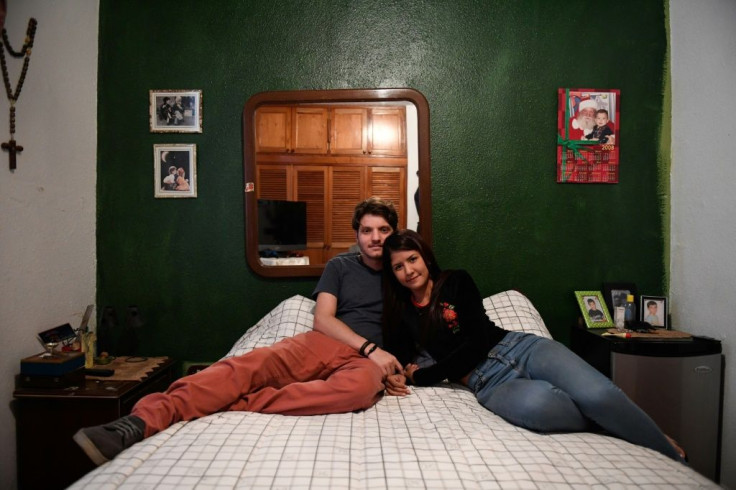
Short on dollars, John and Amanda sneak back to their parents' homes when they want an intimate moment, while Carlos goes into sexual hibernation during financially lean months. Oriana, on the other hand, buys her contraceptives on the black market for a small fortune.
In Venezuela, mired in a years-long economic crisis, the price of love can be impossibly high for cash-strapped young couples.
In the tropical gardens surrounding the Central University of Venezuela, in Caracas, it is not uncommon to see young student couples making out behind a palm tree.
Such public displays of affection are not to the taste of John Alvarez, 20, and Amanda Aquino, 19. The two law students at the university prefer discretion. When they make love, it is in the bedroom that John grew up in on the first floor of his parents' house, while his parents and little sister sleep on the floor below.
When "there's no one else in the house it's even better," said John.
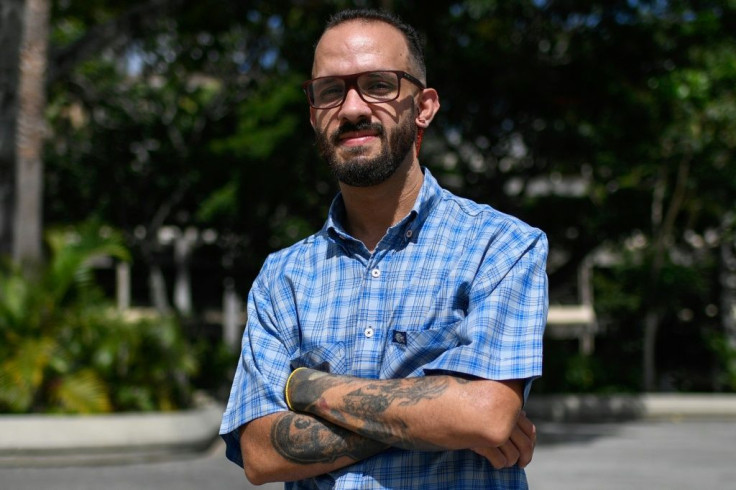
In two years of dating, John and Amanda have never paid for a room at a hotel.
That is because a room in Caracas costs $10 for six hours, an exorbitant price in a country where the average salary is just $6 a month.
For John, being independent or having his own place is just a wild fantasy in Venezuela where the official currency, the bolivar, is in freefall and everyone who can now deals in dollars.
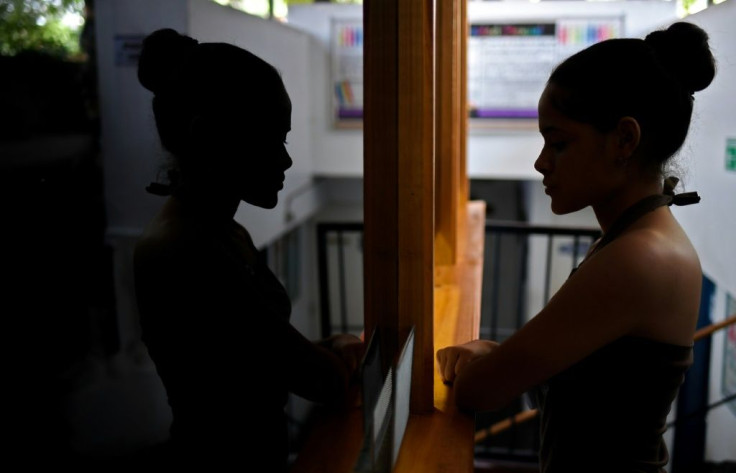
Half of the transactions carried out in Venezuela last year were in greenbacks, not bolivars, according to Ecoanalitica, an economic tracking group. Yet only a minority of people have access to dollars.
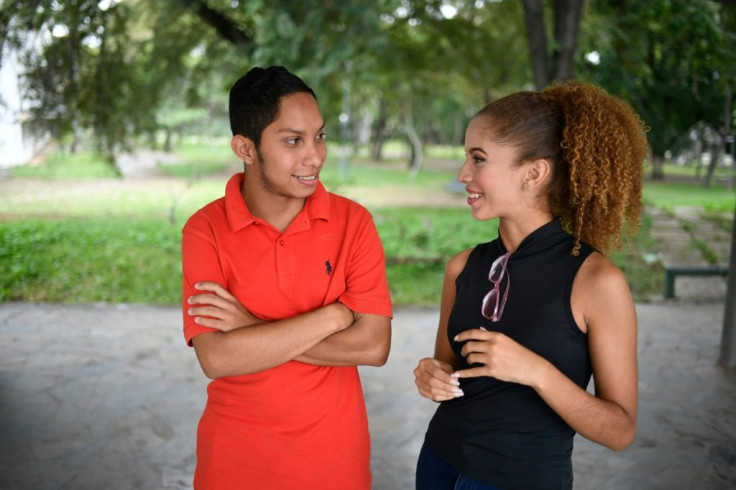
One of those who has dollars is Carlos Rodriguez, a thirtysomething on the lookout for "adventures."
With perfectly groomed hair and beard, Carlos makes his living as a graphic designer and can spend up to $100 on a night out with a young lady, paying for dinner, drinks, taxi and a motel, which he prefers to his parents' place, where he still lives at the age of 31.
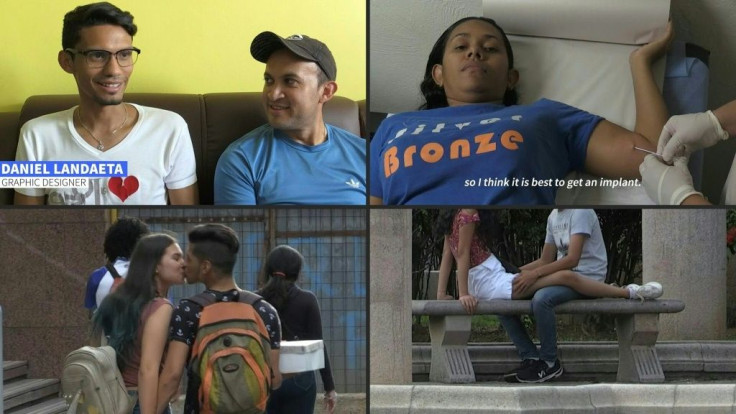
But that is a luxury he can only afford "in good months" when he pulls in $400. When he can't afford it, he simply goes without romantic encounters.
Money and dating are also a balancing act for Jhoanna. When she is looking for a partner on the Tinder app, the 37-year-old asks about the financial "capacity" of would-be lovers.
She has got used to paying half the cost of any date she goes on, an unusual habit in a country where men are generally expected to pick up the tab.
But Jhoanna sticks to one rule: she never pays for a hotel room or for the condoms she insists that her partners wear. "No condom, no party," she insists.
Going out with a stranger in one of the most dangerous cities in the world may not seem conducive to romance, but, says Jhoanna, "We know what risks we are taking."
Jhoanna has also noticed how the pool of potential partners has shrunk along with the value of the bolivar: the grinding economic crisis has driven some 4.5 million Venezuelans to flee abroad since the end of 2015, according to the UN.
As Amanda, John's girlfriend, quipped, "Don't fall in love, because he'll probably leave the country."
Paradoxically, the mass emigration has offered an unexpected windfall to Oriana Garcia and Antonio de Muro. When Antonio's family left for Spain in search of a better life, the young couple got the family home all to themselves.
"We live like a married couple," smiled Oriana, 21. The question of accommodation has been settled: that just leaves the problem of birth control pills, which have been hard to find for years and are very pricey these days.
Oriana, a student, has no other choice but to purchase Cuban-made pills every three months for the princely sum of $4 on the black market.
That puts such contraceptives beyond the reach of Fanyercis, an 18-year-old cashier at a supermarket earning the minimum wage. Instead, she opted for a contraceptive implant, which itself cost her seven months' salary.
© Copyright AFP 2024. All rights reserved.




















